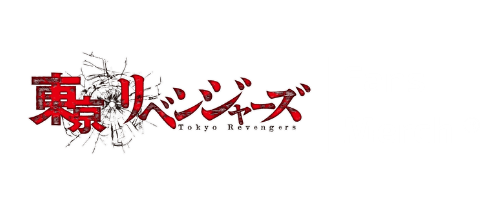
The Ethics of Medicine in Parallel World Pharmacy Power, Responsibility, and Change
The Ethics of Medicine in Parallel World Pharmacy: Power, Responsibility, and Change
In a world where the boundaries of reality blur, immersing oneself into the concept of a Parallel World Pharmacy presents a fascinating exploration of ethics in medicine. This unique setting compels us to examine not only the power wielded by those who administer care but also the profound responsibilities that accompany such power. In the realm of healthcare, where decisions can lead to life-altering outcomes, understanding the ethical implications becomes paramount. Here, we delve into the core ethical concerns that arise in these alternate settings and how they shape the narrative of medicine.
The Intersection of Power and Ethics
In the Parallel World Pharmacy, practitioners hold unparalleled power over the health and welfare of individuals. This power manifests in their ability to alter diseases, enhance physical capabilities, or even extend life. However, with great power comes immense responsibility. The ethical dilemma emerges when considering how this power should be exercised. Should medicine be used merely for enhancement, or should it prioritize healing and alleviating suffering? The potential for misuse is significant, and practitioners must actively engage with ethical frameworks to ensure they are acting in the best interest of their patients while navigating the myriad of available treatments.
Responsibility Towards Patients and Society
Healthcare providers in the Parallel World Pharmacy must confront their responsibilities not only towards individual patients but also within a broader societal context. This includes ensuring equitable access to treatments and preventing exploitation of vulnerable populations. The complex structure of the Parallel World may introduce disparities in healthcare access based on varied socio-economic conditions or power dynamics among different worlds. Therefore, practitioners must remain vigilant against biases and strive for justice in the distribution of medical resources. The ethical principles of beneficence and non-maleficence guide these responsibilities, emphasizing a commitment to do good while avoiding harm.
The Role of Change in Ethical Practice
Change is a constant factor in the field of medicine, especially within the dynamic realm of the Parallel World Pharmacy. Innovations in science and technology frequently prompt shifts in ethical considerations. As new treatments and methods emerge – including those that may seem radical or unconventional – healthcare providers must be prepared to reassess their values and ethical standards. Continuous education and dialogue around these changes are essential to ensure that ethical practices evolve alongside advancements in the field. This adaptability creates a space for open discussions about the implications of new therapies, fostering a culture of transparency and ethical awareness among practitioners.
Conclusion: Navigating Ethical Dilemmas
The exploration of ethics within the context of the Parallel World Pharmacy underscores the vital importance of balancing power, responsibility, and change in medical practice. As healthcare providers wield the ability to transform lives, they must do so with an acute awareness of the ethical implications of their actions. By prioritizing patient welfare, championing justice, and fostering a commitment to ongoing ethical education, practitioners can navigate the complexities of medicine in this extraordinary setting. Ultimately, understanding and addressing these ethical dilemmas is essential to creating a more equitable and responsible healthcare environment, not just in parallel worlds, but in our own as well.









